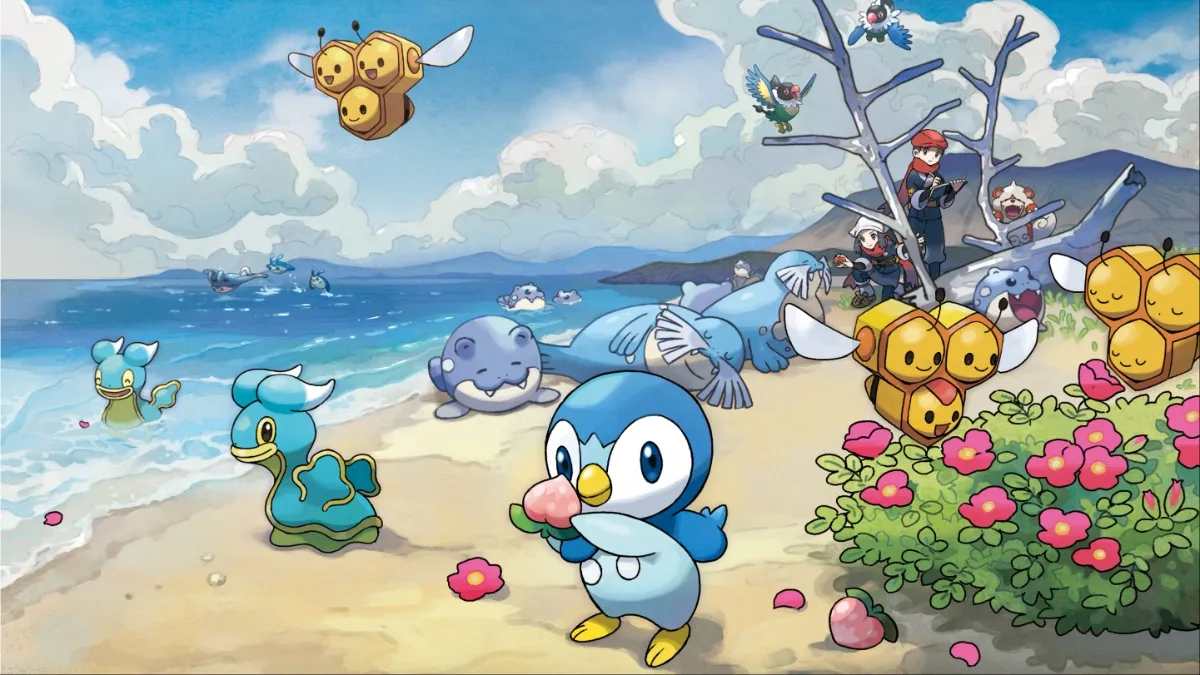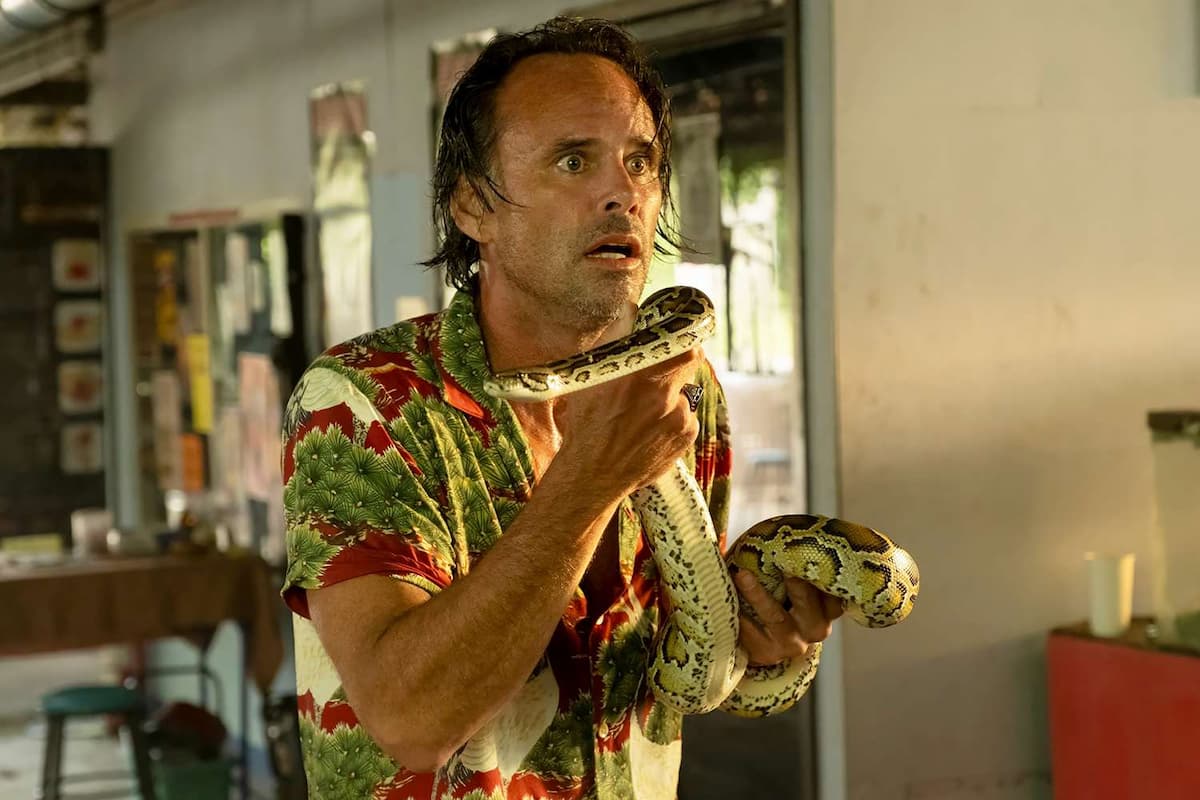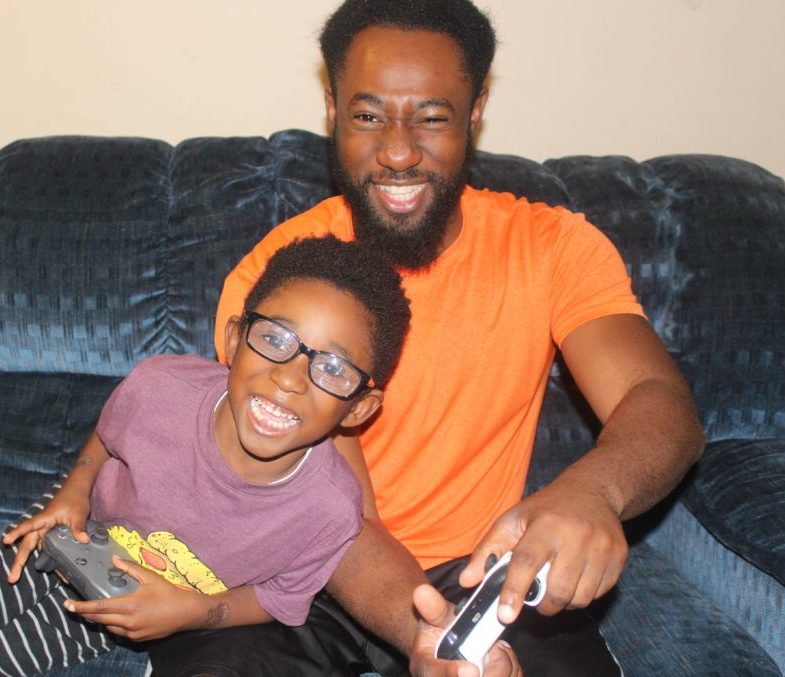The ESA’s annual trade show, E3, has been canceled, seemingly thanks to the widespread panic over COVID-19 that has been keeping companies and consumers alike locked indoors and avoiding crowded public places. The lack of this summer’s event could be the final nail in the coffin for the struggling trade show.
The spectacle of gathering the biggest and greatest players in the world of gaming for a week-long convention has been on a steady downtrend for everyone involved. While the love and appreciation for the idea of E3 still seems intact, the reality of the situation is that the model is growing increasingly outdated and companies are finding better and cheaper ways to get big announcements out to the public.
Back in 2013 when Nintendo surprisingly opted out of a conventional E3 stage show in favor of a pre-produced video, it was unclear who would lose more from the company’s absence. At the time Nintendo’s Wii U was struggling to excite consumers, and their overreliance on appealing to the casual market was out of step with the other publishers sharing the stage. But it turned out to be a less expensive way to capture the same headlines by releasing their Nintendo Direct alongside the regular E3 news cycle. The rise of streaming platforms and dedicated content channels allowed Nintendo the freedom to break from E3 tradition, and where Nintendo goes, the industry tends to follow — especially when it comes to making people pay attention to video games.
With several companies adopting the “Nintendo Direct” model and spending less on convention space, the ESA sought to take a page from its German compatriot Gamescom, which is a far larger show thanks to game companies, media, and a paying public audience all in attendance.
In 2017 E3 started selling public tickets, and gamers who shelled out for the experience hoping to get a behind-the-scenes look at some upcoming games or meet with some of their favorite developers realized that the trade show was never designed to entertain fans. The lack of access to demos or even stage shows left them in lines for hours to play games they might have already had at home. And the ESA was slow to improve things much in the years to follow, prompting larger companies to take stabs at it themselves.
EA’s fan-focused E3-adjacent convention EA Play directly competes with the ESA for ticket sales, as does Microsoft’s Xbox FanFest that was moved out of the LA Convention Center and into its own Microsoft Theater nearby. Microsoft has continued to participate in the stage show, but neither company is on the show floor save for Microsoft’s Mixer streaming platform.
Just last year Sony shockingly announced it was skipping E3 entirely — no stage show or floor show presence. At the time, there was speculation that this had more to do with a lack of content on Sony’s part rather than any dissolution with E3, but it’s a moot point now that Sony confirmed to be skipping it again long before any threat of a full cancellation. If there were any year Sony would have content to showcase, one with a pending console launch would be it. Yet whatever they are choosing to do will apparently not involve E3.
If the ESA manages to make the fan experience portion of its show attractive enough, E3 could evolve and draw back the attention of the publishers and developers who are trying their luck elsewhere. But the scare of the coronavirus has effectively robbed them of that last chance.
With E3’s cancellation, the industry will be forced to showcase all its news from its respective homes across the internet. Any company still unsure about adopting the “Nintendo Direct”-style videos now has little choice but to try. And it could be a hard sell to get many of them back into the previous model if things go well.
In a year where E3 really needed a win, being forced to cancel feels like a limping racehorse being put out of its misery. Despite the history and affection for what E3 has meant for the games industry, it has continued to grow ever more irrelevant and outdated. So it may even be for the best that we’re forced to do things differently going forward.














Published: Mar 14, 2020 11:00 am